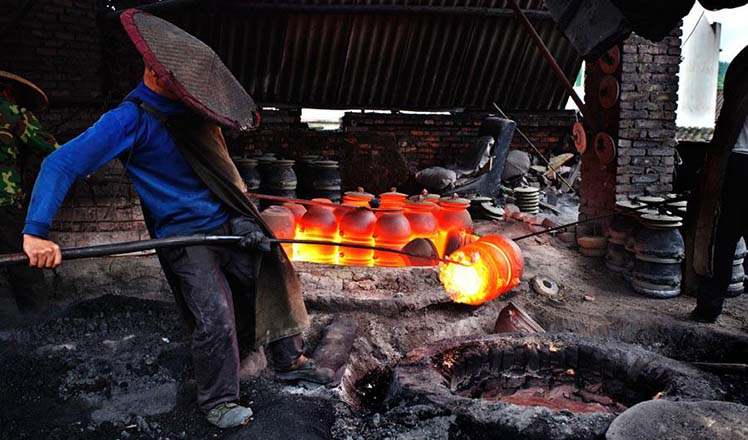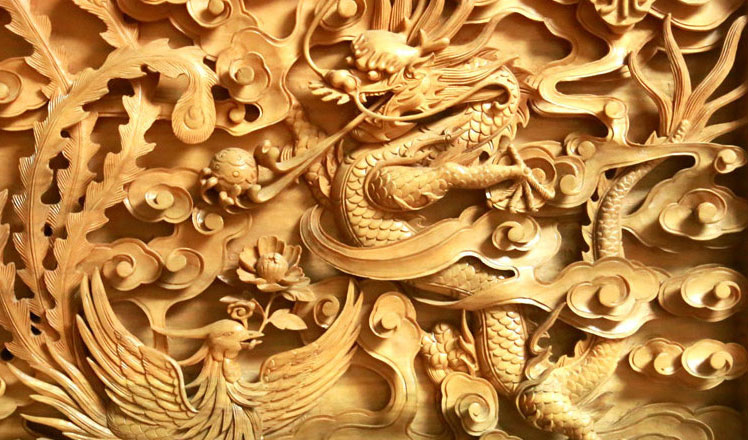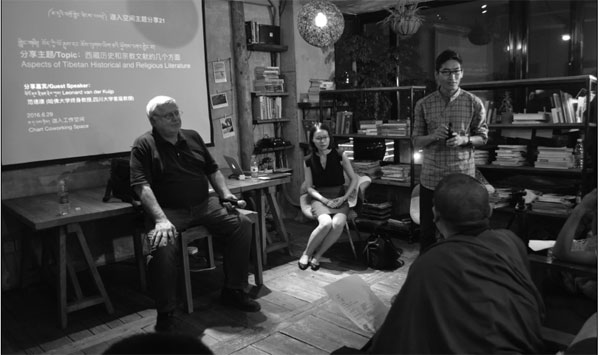Entrepreneur's aim: bridge cultures
Updated: 2016-08-12 11:21
By Palden Nyima in Lhasa(China Daily)
|
|||||||||
|
Leonard van der Kuijp (left), a professor at Harvard University, attends one of Charu's weekly talks last month. Photos By Palden Nyima / China Daily |
His cafe-based workshops offer courses in English, business management
A growing number of Tibetans are looking beyond traditional occupations such as herding or farming to make a new way of life for themselves.
Washu Tsehua Kyabm, born to a nomadic family in Kachu county, Sichuan province, turned his back on herding yaks every day to open a cafe in Chengdu, the provincial capital.
Named "Charu", after the Tibetan word for a tent fastener, the cafe on Wuhouci street offers its customers coffee with pure yak milk, while its walls and surfaces are adorned with Tibetan handicrafts such as an aurdo, or traditional slingshot.
The cafe's name hints at the link it hopes to provide between different peoples, through the cultural workshops that Washu holds there once a week with his co-founder Tsering Tashi, who was born in Gansu province's Gannan Tibetan autonomous prefecture.
"I think communication is very important, and I wanted to provide a venue for people to learn from each other, and exchange their views," said Washu, 34.
"More than 80 percent of the workshop participants are young Tibetans, and the rest includes foreigners and other people," said Tsering, estimating that each event attracts around 40 people.
Washu learned about Western culture when he studied English at Qinghai Normal University in the early 2000s.
He also had the opportunity to study overseas at Miriam College in the Philippines between 2006 and 2008, and furthered his studies with a two-month social entrepreneurship course at the University of Virginia, in the United States, in January last year.
This educational background inspired him to set up the Charu workshops seven months ago, which now include English training courses on Saturdays and a monthly lecture on Tibetan culture.
Other topics such as environment protection and business planning are also covered.
This year, the cafe has hosted 23 lectures, 23 English speeches, and three Tibetan speeches.
Serwotso, a 29-year-old Tibetan robe designer, attended three of the free business training workshops held at Charu.
"Washu is knowledgeable and kindhearted. There are many Tibetan people living in Chengdu, but there are few who engage in such public welfare workshops," she said.
"Experts and successful businesspeople both from China and overseas are invited to share their ideas, and I found it really useful."
Botruk, general manager of Door to Tibet Art, a company that produces Tibetan handicrafts and yak hair products, described his friend Washu as "a man with dream, a man who has his hometown in his heart, and a man who values the importance of his culture".
He said the workshops provided a bridge for culture exchange, communication, and cultural preservation.
"The workshops he operates are not really for profit, they are more for the purpose of public welfare, and this is really impressive," Botruk said.
palden_nyima@chinadaily.com.cn
- Nepal's newly elected PM takes oath
- Texas gun law worries incoming students
- China vows to deepen economic, trade cooperation with ASEAN
- Fire guts Emirates jet after hard landing; 1 firefighter dies
- Egypt's Nobel-laureate scientist dies of illness in US
- THAAD muscle flexing unmasks anxiety over declining hegemony
 Phelps writes new page with four wins in same event
Phelps writes new page with four wins in same event
 Ma Long wins Chinese derby to edge defending champion
Ma Long wins Chinese derby to edge defending champion
 Yingjing County's hand-crafted 'black pottery'
Yingjing County's hand-crafted 'black pottery'
 Ten photos from around China: Aug 5 – 11
Ten photos from around China: Aug 5 – 11
 Inheritor of Songshan wood carving in C China
Inheritor of Songshan wood carving in C China
 "Born in China": Wild and fun
"Born in China": Wild and fun
 Top 10 foreign destinations for Chinese tourists
Top 10 foreign destinations for Chinese tourists
 Ding Ning wins table tennis gold in Rio
Ding Ning wins table tennis gold in Rio
Most Viewed
Editor's Picks

|

|

|

|

|

|
Today's Top News
Phelps puts spotlight on cupping
US launches airstrikes against IS targets in Libya's Sirte
Ministry slams US-Korean THAAD deployment
Two police officers shot at protest in Dallas
Abe's blame game reveals his policies failing to get results
Ending wildlife trafficking must be policy priority in Asia
Effects of supply-side reform take time to be seen
Chinese State Councilor Yang Jiechi to meet Kerry
US Weekly

|

|










